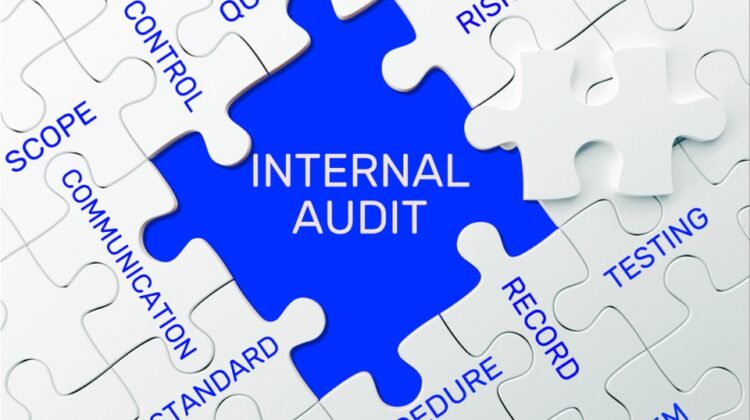
How Management Audits Improve Organizational Efficiency
In today’s competitive business environment, organizations must constantly evaluate their operations to ensure efficiency, productivity, and compliance with best practices. One powerful tool that helps achieve this is a management audit. Unlike financial audits, which focus on financial records and compliance, management audits assess an organization’s overall effectiveness, including strategy, processes, leadership, and resource utilization. By identifying strengths and areas for improvement, management audits play a crucial role in enhancing organizational efficiency.
Identifying Operational Weaknesses
A key benefit of management audits is their ability to uncover inefficiencies in operations. Many organizations develop processes over time that may become outdated or redundant. A management audit reviews workflows, decision-making structures, and operational procedures to identify bottlenecks and eliminate unnecessary steps. By streamlining processes, companies can reduce costs, increase productivity, and improve overall efficiency.
Enhancing Strategic Decision-Making
Effective decision-making is essential for any organization’s success. Management audits assess whether leadership teams are making informed and strategic choices based on accurate data and well-defined goals. The audit evaluates the alignment between an organization’s objectives and its execution strategies. By providing insights into decision-making effectiveness, a management audit helps leadership refine their approach, ensuring that resources are allocated optimally and that long-term goals remain achievable.
Improving Resource Allocation
Resources such as time, money, and workforce must be used effectively to maximize organizational performance. A management audit examines how resources are allocated across different departments and projects. If inefficiencies are detected, the organization can reallocate resources to areas that yield higher returns. This ensures that employees are focused on high-impact activities and that financial resources are invested wisely, leading to increased efficiency and profitability.
Strengthening Internal Controls and Compliance
A well-structured organization must have strong internal controls to mitigate risks and ensure compliance with regulations. Management audits evaluate internal policies, risk management strategies, and adherence to legal and industry standards. By identifying potential compliance gaps and weaknesses in internal controls, the audit helps organizations take corrective actions before issues escalate. This not only reduces risks but also enhances operational integrity and trust among stakeholders.
Boosting Employee Productivity and Engagement
An organization’s efficiency is closely tied to employee performance and morale. Management audits assess factors such as leadership effectiveness, communication, workplace culture, and employee engagement. If employees face obstacles that hinder productivity—such as unclear job roles, lack of proper training, or inefficient management practices—the audit highlights these areas. Organizations can then implement targeted improvements, such as leadership training, better communication strategies, and employee development programs, to create a more motivated and high-performing workforce.
Encouraging Continuous Improvement
A management audit is not just a one-time evaluation; it fosters a culture of continuous improvement. By regularly assessing business operations and management practices, organizations can stay agile and adapt to changing market conditions. This proactive approach ensures that companies remain competitive and can quickly respond to challenges and opportunities. Organizations that embrace management audits as part of their strategic planning are better positioned for long-term success.
Conclusion
Management audits are a valuable tool for improving organizational efficiency by identifying operational weaknesses, enhancing decision-making, optimizing resource allocation, strengthening internal controls, and boosting employee productivity. By conducting regular audits, businesses can continuously refine their strategies, eliminate inefficiencies, and maintain a high level of performance. In an increasingly complex business landscape, a well-executed management audit provides the insights needed to drive sustainable growth and operational excellence.








